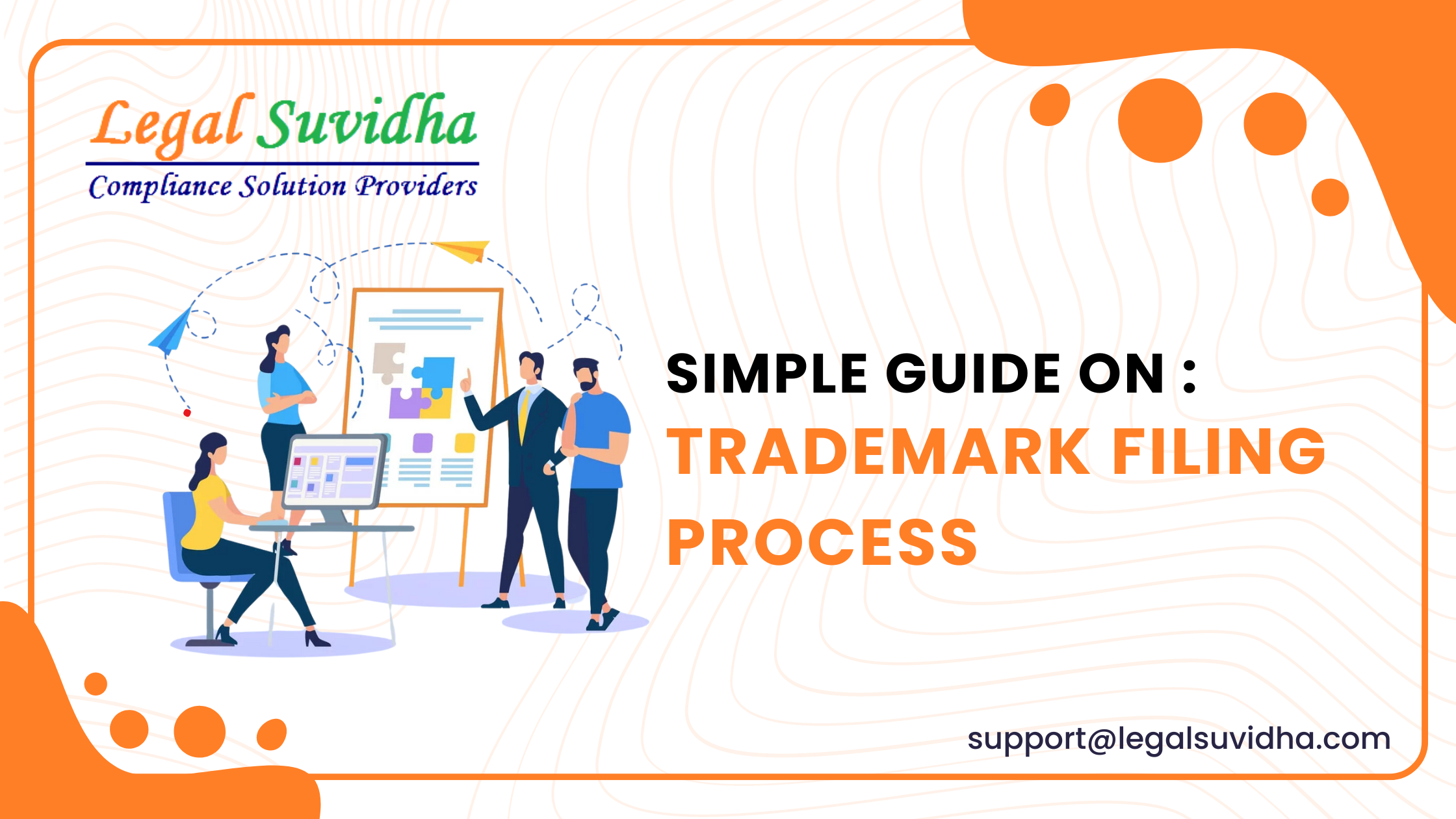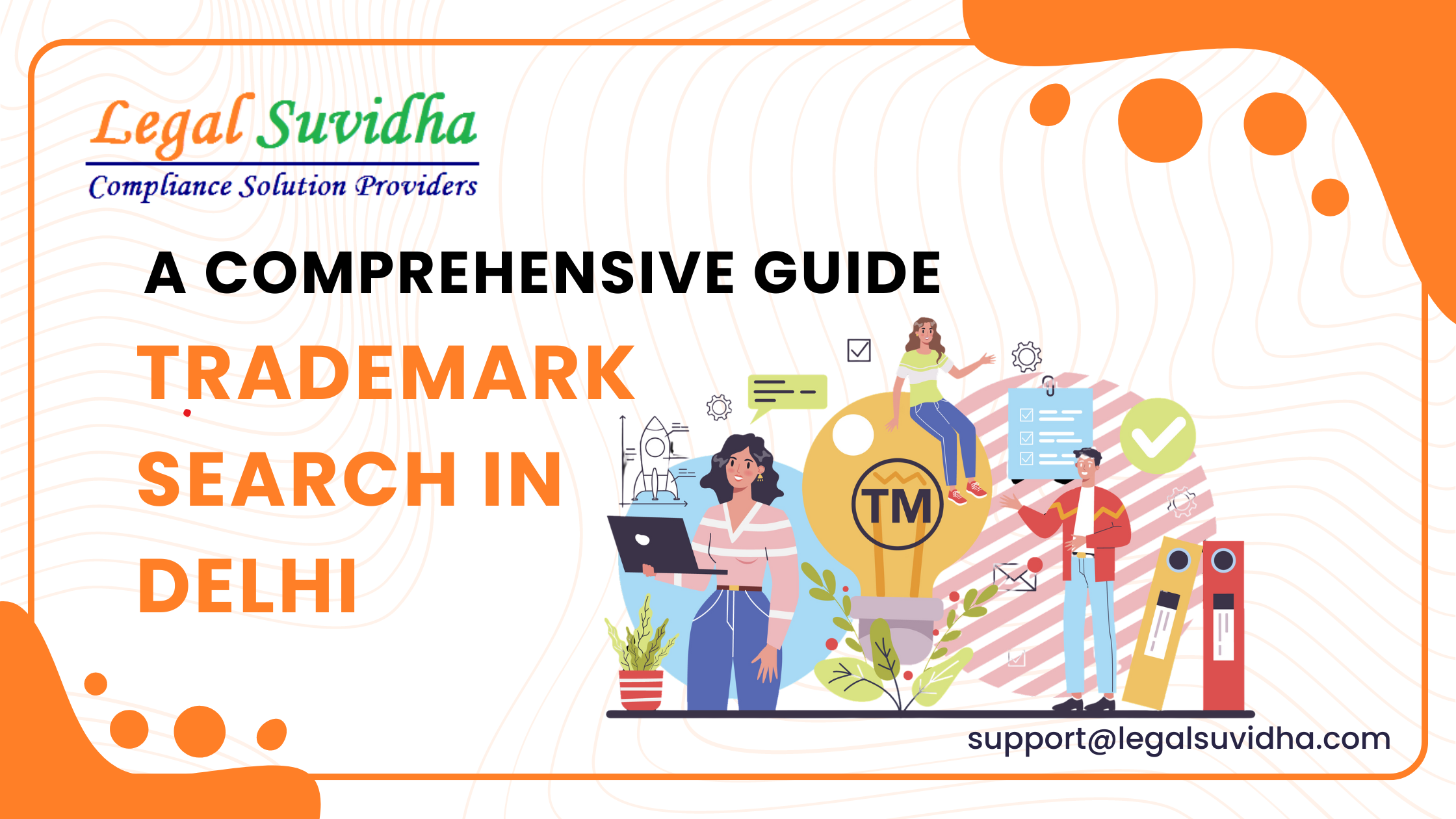Tax planning is an essential aspect of personal finance that aims to minimize your tax liability while staying within legal boundaries. By implementing effective tax planning strategies, individuals and businesses can optimize their financial situations and make the most of their hard-earned money. This blog will delve into various tax planning strategies, including investments, tax-saving instruments, and long-term financial planning, to help you make informed decisions and maximize your tax savings.
Understanding Tax Planning:
Tax planning involves analyzing an individual’s or business’s financial situation to identify legal ways to minimize their tax liability. It requires a comprehensive understanding of tax laws, deductions, exemptions, and credits, along with careful consideration of financial goals and objectives.
Tax Planning Strategies:
a. Investments:
Investments can be a powerful tool for reducing your tax burden. By strategically choosing the right investment options, you can optimize your tax liability. Here are a few investment options that can help you do that:
i. Retirement Accounts: Contributing to retirement accounts such as 401(k) or Individual Retirement Accounts (IRAs) allows you to defer taxes on your contributions until you withdraw the funds during retirement. Additionally, some retirement accounts offer tax-free growth, providing long-term tax benefits. By contributing to these accounts, you not only secure your future but also lower your current tax liability.
ii. Health Savings Accounts (HSAs): HSAs offer triple tax benefits. Contributions to an HSA are tax-deductible, the funds grow tax-free, and qualified medical expenses are tax-free when withdrawn. If you have a high-deductible health plan, consider opening an HSA to take advantage of these tax benefits and save on medical expenses.
iii. Tax-Advantaged Education Savings Plans: If you have children or are planning to pursue further education, tax-advantaged education savings plans can help you save on taxes while preparing for educational expenses. Options like 529 plans or Coverdell Education Savings Accounts (ESAs) provide tax advantages such as tax-free growth and tax-free withdrawals when used for qualified education expenses.
b. Tax-Saving Instruments:
Utilizing tax-saving instruments can help you reduce your tax liability. These instruments are designed to provide deductions, credits, or exemptions, allowing you to lower your taxable income and ultimately pay less in taxes. Some popular options include:
i. Tax Deductions: Deductions such as mortgage interest, property taxes, student loan interest, and charitable contributions can lower your taxable income, thereby reducing your tax liability. By keeping track of eligible deductions and maximizing them, you can effectively reduce your tax burden.
ii. Tax Credits: Tax credits provide a dollar-for-dollar reduction in your tax liability. Examples include the Child Tax Credit, Earned Income Tax Credit, and Lifetime Learning Credit. By understanding and utilizing available tax credits, you can significantly reduce your overall tax bill.
iii. Tax-Advantaged Investments: Certain investments, such as municipal bonds, can generate tax-free or tax-advantaged income. By including these investments in your portfolio, you can minimize your tax liability while earning returns. However, it’s important to evaluate the overall investment strategy and consult with a financial advisor to ensure it aligns with your financial goals.
c. Long-Term Financial Planning:
Long-term financial planning can significantly impact your tax liability. By considering the following strategies, you can optimize your tax outcomes:
i. Capital Gains Planning: Timing the sale of assets to take advantage of long-term capital gains rates can lead to significant tax savings. Long-term capital gains are generally taxed at lower rates compared to short-term gains. By strategically planning the sale of investments or other assets, you can minimize the tax impact and retain more of your gains.
ii. Tax-Efficient Asset Allocation: Careful asset allocation can help minimize the tax impact of your investment portfolio. By placing tax-efficient investments, such as index funds or tax-managed funds, in taxable accounts and tax-inefficient investments, such as actively managed funds, in tax-advantaged accounts, you can optimize tax outcomes and reduce your overall tax liability.
iii. Estate Planning: Proper estate planning can ensure the orderly transfer of assets while minimizing estate taxes. Strategies like trusts, gifting, and charitable donations can help reduce your estate tax liability. By working with an estate planning attorney or tax professional, you can create a comprehensive plan that protects your assets and minimizes the tax impact on your beneficiaries.
Commonly Asked FAQs:
Q1. When should I start tax planning?
A1. It’s best to start tax planning as early as possible, preferably at the beginning of the financial year. This allows you ample time to explore various strategies and make informed decisions. However, tax planning can be done throughout the year, and it’s never too late to implement tax-saving strategies.
Q2. Are there any tax planning strategies for self-employed individuals?
A2. Yes, self-employed individuals can utilize strategies such as maximizing business deductions, setting up retirement plans like SEP IRAs or Solo 401(k)s, and managing quarterly estimated tax payments to optimize their tax liability. Working closely with a tax professional who specializes in self-employment taxes can help you navigate the complexities of tax planning in this context.
Q3. Can tax planning help me save money in the long run?
A3. Yes, effective tax planning can help you save money by reducing your tax liability and maximizing your tax savings. By implementing various strategies and taking advantage of available deductions, credits, and exemptions, you can optimize your tax outcomes and potentially have more money to invest or allocate toward your financial goals.
Q4. Do tax laws change frequently? How can I stay updated?
A4. Tax laws can change periodically as governments introduce new legislation or make amendments to existing laws. It’s essential to stay updated on these changes to ensure you’re compliant and can take advantage of new opportunities. You can consult a tax professional, follow reputable financial websites, or refer to official government resources to stay informed about any updates or changes to tax laws.
Conclusion:
Implementing tax planning strategies is crucial for optimizing your tax liability and maximizing your tax savings. By strategically leveraging investments, tax-saving instruments, and long-term financial planning, you can effectively reduce your tax burden while ensuring compliance with tax laws. Remember to consult with a tax professional or financial advisor to tailor these strategies to your specific circumstances and make the most of your tax planning efforts. By proactively managing your taxes, you can take control of your financial future and make informed decisions that align with your long-term goals.
If You have any queries then connect with us at [email protected] or [email protected] & contact us & stay updated with our latest blogs & articles









